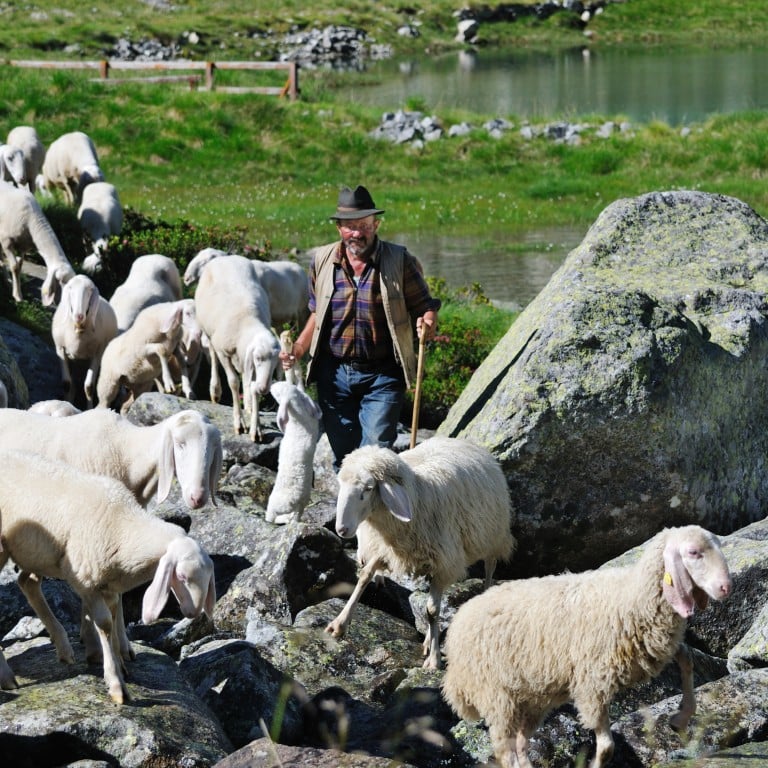
How we can tap non-human intelligence – that of other animals, and plants – to save the world
- Complex problems such as climate change can only be solved by engaging diverse viewpoints and experiences such as those of animals and plants, says James Bridle
- Combine those with the knowledge processing power of machines and there is hope for the planet, argues the writer, visual artist and expert on technology
Ways of Being by James Bridle, pub. Farrar, Straus and Giroux
When it comes to predicting earthquakes, sheep know something we don’t.
For centuries, Italy’s shepherds have claimed that their flocks become agitated days or hours before a tremor – stories long dismissed as superstition. Recently, however, German scientists attached GPS devices to Italian sheep, goats, cows and dogs and tracked their behaviour via signals beamed to the International Space Station.
The data, analysed by a complex computer algorithm, revealed the stories as true; the animals’ powers of premonition are real – even if no scientific reason can explain them – and they could save lives as a critical earthquake early warning system.
For me, the most important thing is to continually insist upon the possibility of alternative futures
“It’s a remarkable example of using this incredible technological apparatus – the GPS, the space station, the computing – to understand and learn from animals,” says James Bridle. “Humans do not have the awareness that animals have nor the kind of knowledge processing that machines have, and yet we all come together to produce this incredible new way of being in the world.”
Bridle is a writer, visual artist and technology journalist whose new book, Ways of Being, uses stories like that of the soothsayer sheep to explore the nature of intelligence where it appears, again and again and in myriad forms, across our vast and varied planet.
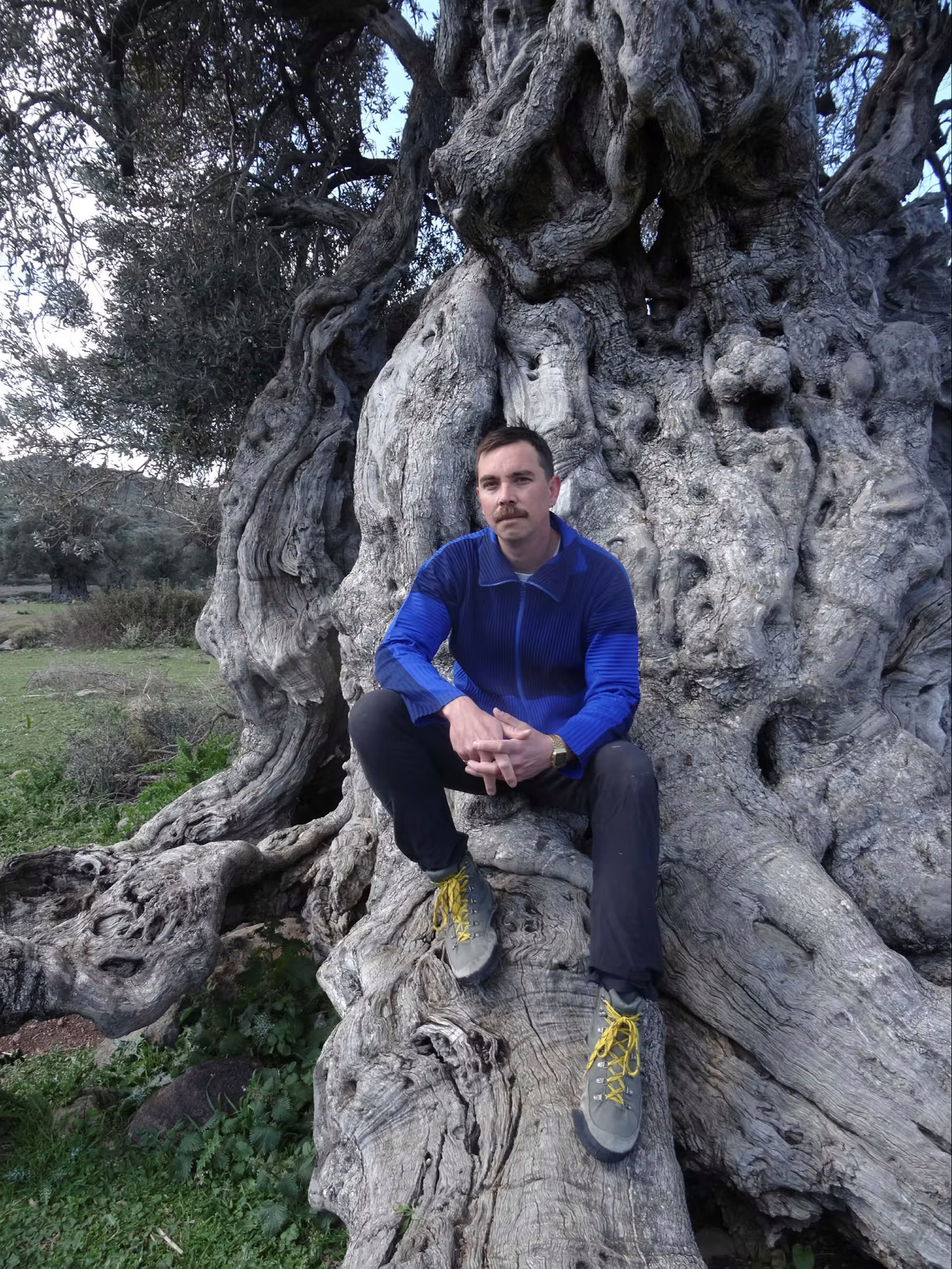
For Bridle, the sheep, other animals, our technology – not to mention plants, fungi and billions of other organisms – have evolved or developed to experience and interact with their surroundings in a manner that makes intelligent sense only to them. Our long-time human habit of gauging intelligence by our own narrow standards – challenging chimps to chess, say – misses the point. It also blinds us to the wealth of non-human ways of understanding the world that might just help us fix the planetary messes we’ve made.
“The point I make in the book,” says Bridle, “is that the only possible solutions to the complex, knotting problems that we face at the present, like climate change, are by engaging the most diverse range of viewpoints and experiences possible.”
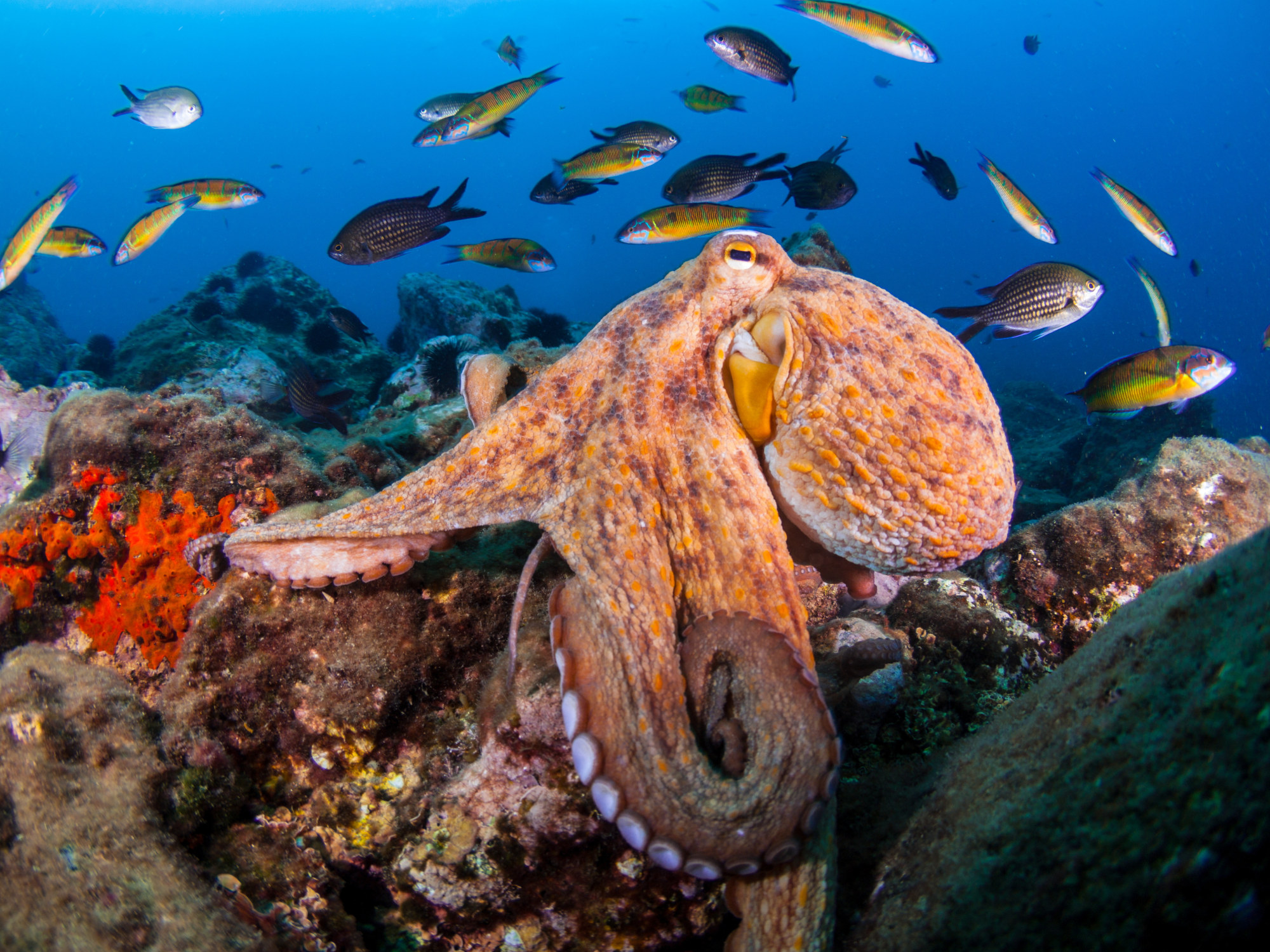
These remarkable abilities are real, but they often remain a mystery to us until we unlock them through technology or through creative, imaginative scientific study.
“If we try to think about how other beings might be intelligent, many of us can only conceive of that intelligence as something like human intelligence,” explains Bridle. “But it’s possible to think beyond that. As soon as you pay attention to it, you can’t help but become aware of our interdependence on everything else in the world and our relationship to it.”
Bridle is a clear, artful writer and a sweeping thinker. He studied computer science at University College London before working in digital publishing. His journalism in The Guardian newspaper, Atlantic magazine and elsewhere often highlights the malevolent powers subverting the promise of contemporary technology. His first book on the topic, New Dark Age (2018), attracted widespread notice.
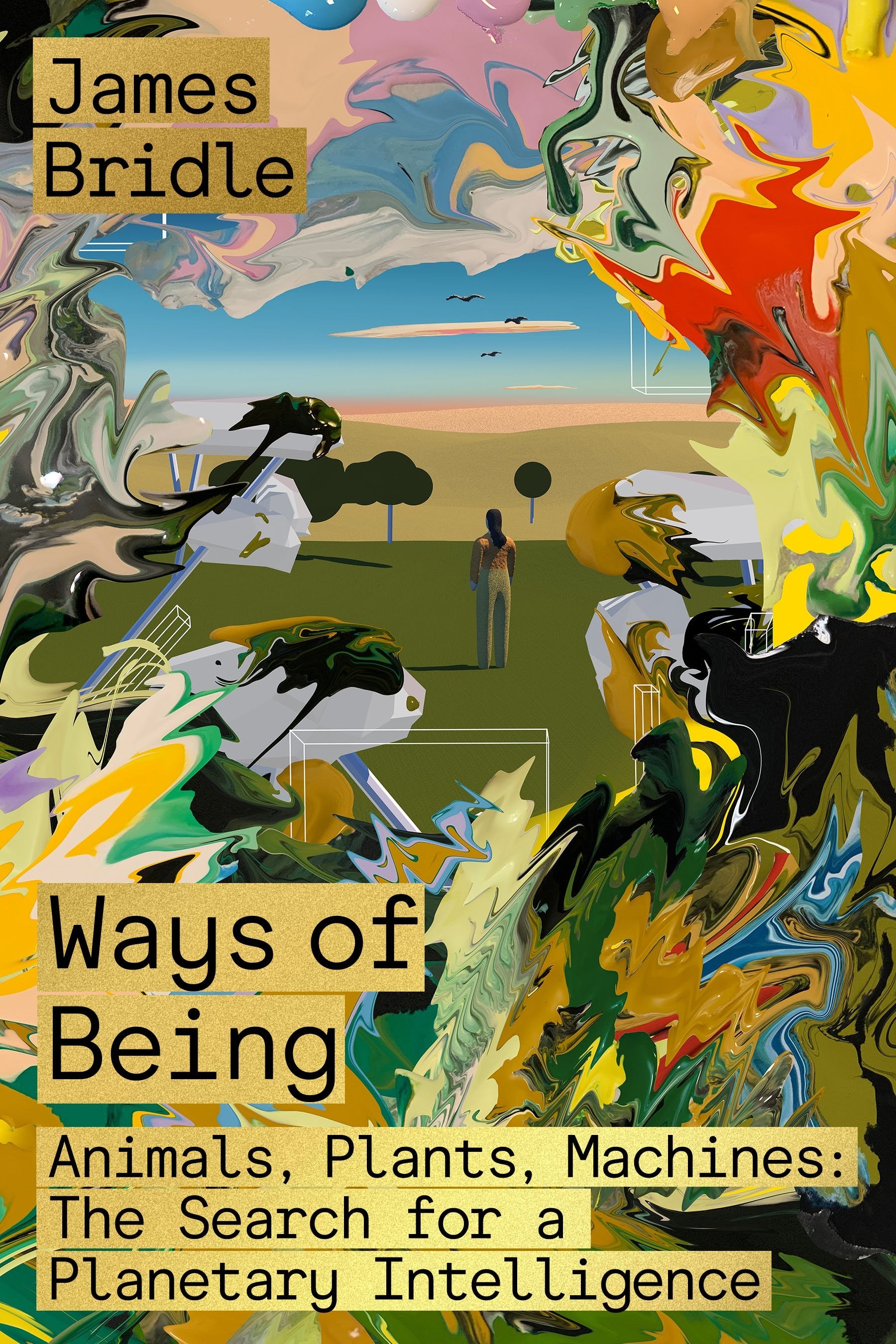
“We see them as entirely man-made and separate from the world, but of course these machines are of the world,” says Bridle. “They’re created from silica and oil; they’re made from sand and enlivened by electrons invigorated by fossil fuels, literally the bodies of creatures that died billions of years ago […]
“[They] are all just a part of this emergent becoming of the world. And if they’re properly conceived, they actually serve to reintegrate us into the world and remind us of our connection to it all the time.”
Take the extraction industries at work in northwestern Greece, for instance. Bridle begins his book with a description of corporate-controlled technology calculating the best areas among the pristine mountains to ravage in search of oil. It’s a familiar picture of technology-enabled greed chewing recklessly through nature.
Bridle’s final pages, however, return to the same region to tell a different story of technology. On the other side of the same mountains, small so-called agromining farms are growing plants that have evolved to draw up valuable metals from the soil and to accumulate them in their leaves and shoots. Research is under way to determine if the plants can be harvested and processed to extract the metals from them in commercially viable amounts – no tearing up the soil required.
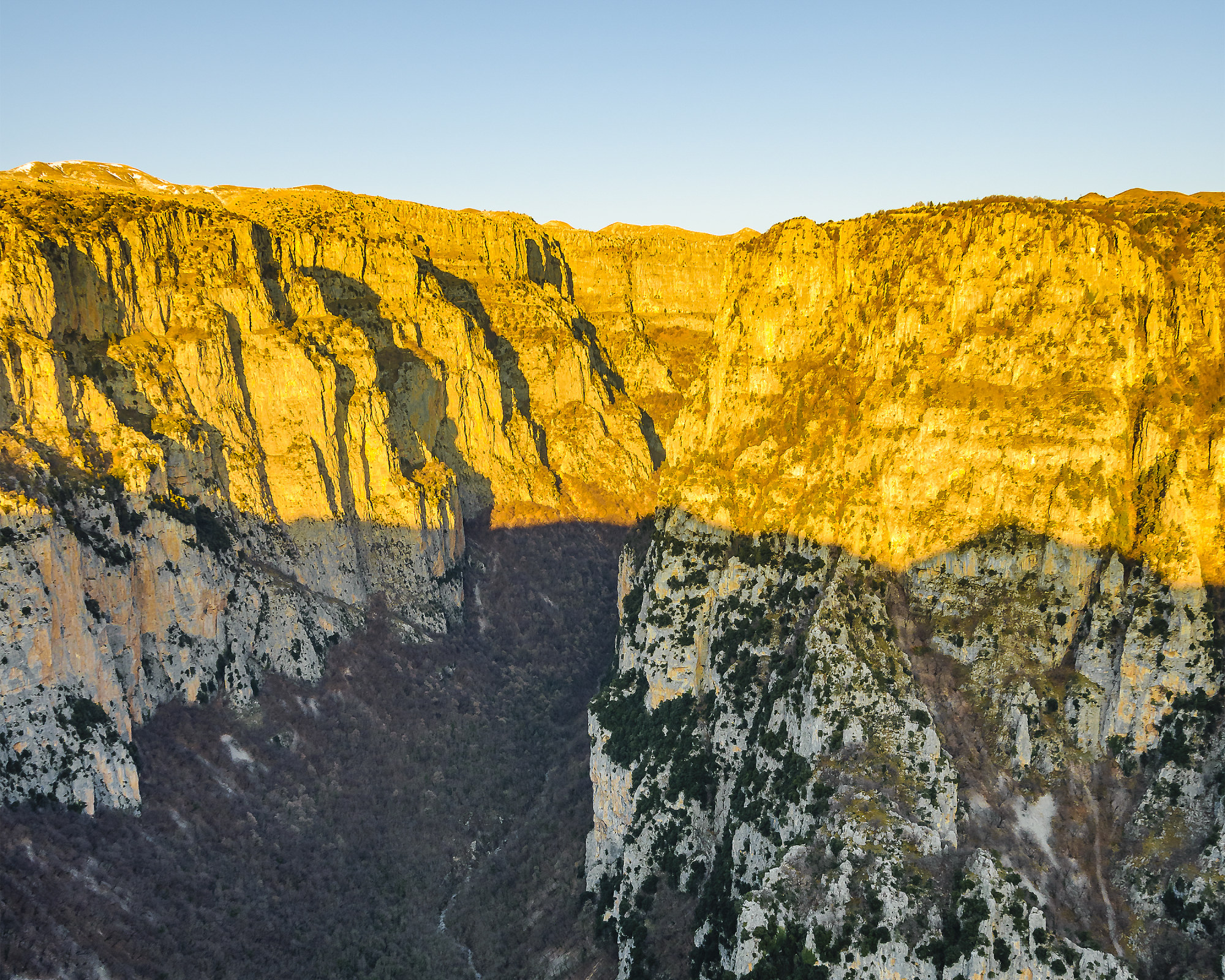
By understanding the “more-than-human” powers of the plants – and those of many other beings, for that matter – humans can begin to extend, in ways we might not otherwise have imagined, the reach of our own abilities.
Just as importantly, we can begin to value other forms of life, each with their unique intelligence, as deserving of our wonder and protection – even if we can’t possibly make sense of them. Bridle describes this as “solidarity” with other beings and considers it vital for the future preservation of life on Earth – including our own.
“Solidarity for me is a form of caring that surpasses empathy and sympathy with other things,” the author explains. “I don’t have to imagine myself as a bee or as a bear in order to recognise them as having their own complex and vital lives, their own claims to life and survival.
“There are many, many ways of being, and they overlap in various ways, and they’re also distinct from each other in various ways,” says Bridle. “For me, the most important thing is to continually insist upon the possibility of alternative futures. Those alternative worlds really exist. It’s quite clear that there’s immense possibility out there. We just have to tap into it.”

